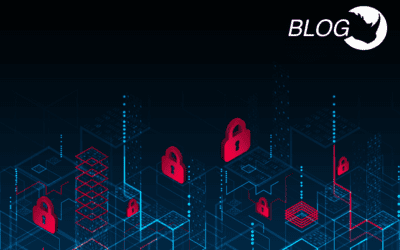13 spooky security threats that happened in 2021
Alan is one of the senior officers of a financial bank in Texas. Alan was looking to buy a Halloween costume and got an email about a sale happening at a store near his neighborhood. He clicked on the email to learn more about the offer. In a few hours, his computer, which had critical high-profile customer files and details got infected by ransomware.









